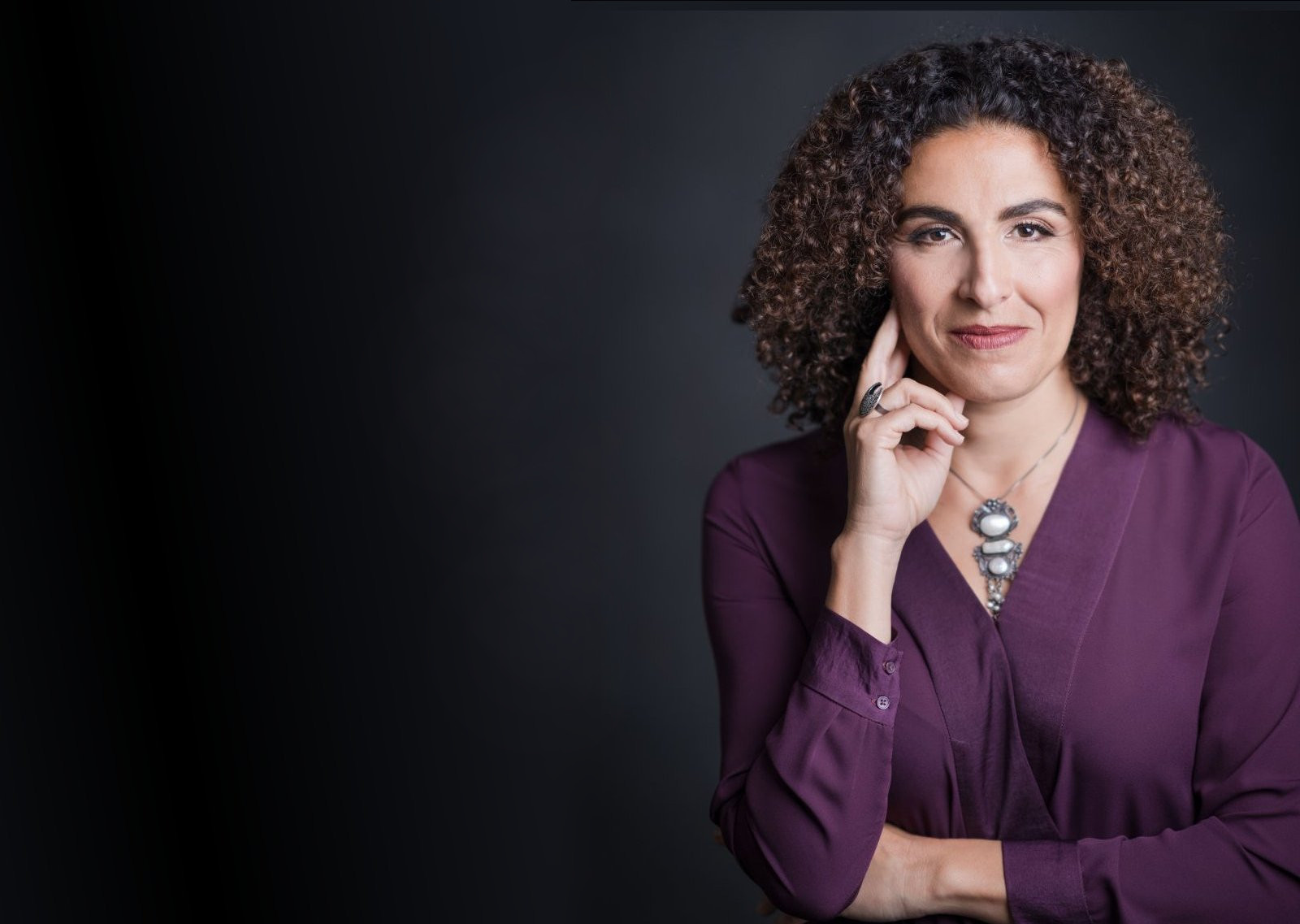State-Sponsored Transnational Repression: A Conversation with the FBI [Princeton]
Professor Sahar Aziz participated on a panel at Princeton University that explores the causes and consequences of state sponsored transnational repression. Her remarks begin at minute 44.… Continue reading “State-Sponsored Transnational Repression: A Conversation with the FBI [Princeton]”
